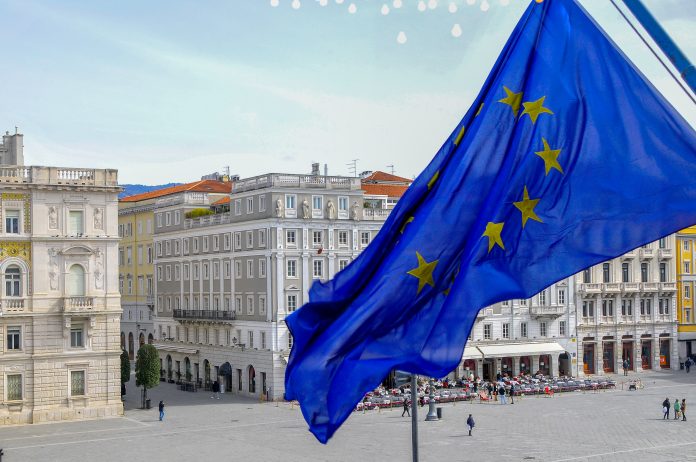by InTrieste
As global markets contend with economic and geopolitical uncertainty, Friuli Venezia Giulia has sharply increased its financial support for small and medium-sized enterprises, regional officials said Tuesday.
In 2018, the annual budget allocated to the regional directorate for Productive Activities and Tourism totaled €85 million. By the end of this year, that figure is expected to reach €580 million, according to Sergio Emidio Bini, the regional councillor for productive activities and tourism.
“We are living through highly challenging years,” Mr. Bini said at a presentation of regional economic data organized by the Chamber of Commerce of Pordenone-Udine. “In such a complex environment, the Region has taken on the responsibility of supporting businesses and ensuring a solid economy across the territory.”
Recent economic indicators point to a relatively resilient regional economy. Exports rose by 6.6 percent in the first half of 2025 compared with the same period in 2024, while regional GDP is expected to grow in line with national forecasts — 0.7 percent in 2026. Employment levels continue to outperform the Italian average, with 68.4 percent of residents aged 15 to 64 employed in the second quarter of 2025, compared with 62.7 percent nationally.
Still, Mr. Bini emphasized persistent structural challenges. “Our productive fabric is made up of 95 percent small or micro-enterprises,” he said. “Many of them lack the financial tools needed to compete and often struggle to secure credit at favorable rates.”
To address that issue, the region has expanded its subsidized credit programs. While traditional bank lending to businesses fell by 1.4 percent in the first half of the year, use of regional financing mechanisms increased. Through revolving funds and other regional credit facilitation programs — including Confidi and FVG Plus — companies can secure fixed-rate loans as low as 1.3 percent, roughly a third of the average credit cost nationwide.
In the first seven months of 2025, the regional Frie management committee approved 261 subsidized loans totaling €216 million, almost matching the total for the entire previous year.
Mr. Bini attributed the increase to companies investing in growth and innovation. “This shows a healthy economic environment and a willingness to look ahead,” he said.
Beyond credit access, the region is pursuing longer-term industrial policies. Efforts include bolstering industrial development consortia and rolling out “Agenda FVG Manifattura 2030,” a nearly €180 million plan aimed at strengthening competitiveness and attracting both domestic and foreign investment. Key priorities include fostering business consolidation, expanding export markets, advancing digital and energy transitions, and drawing qualified talent to the region.
“These are strategic investments for the future,” Mr. Bini said, underscoring the regional government’s intention to sustain enterprise growth and competitiveness over the coming decade.































